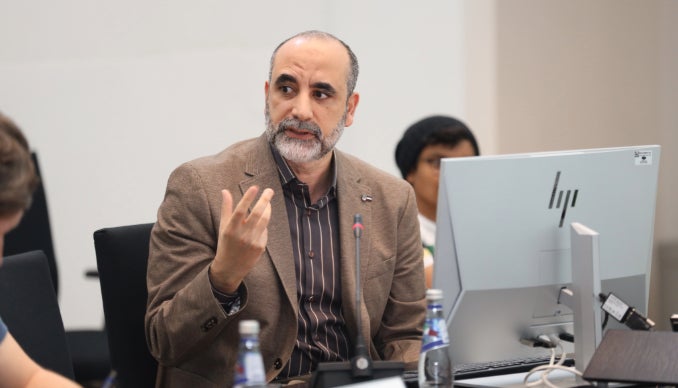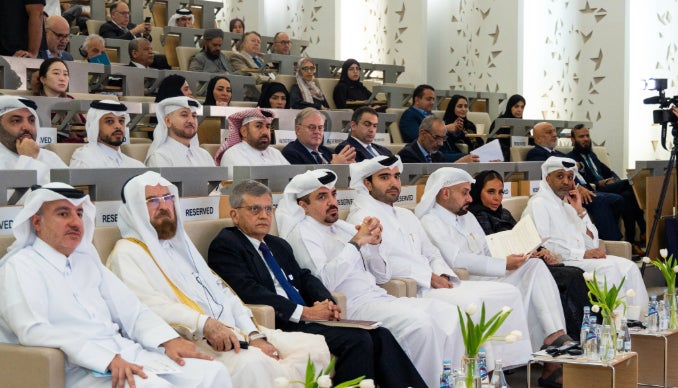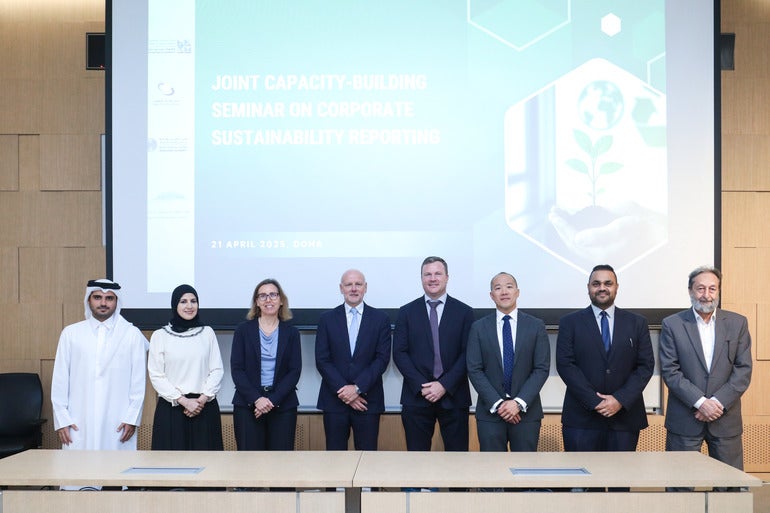By M. Evren Tok & Bayan Khaled

By no means a new phenomenon, social entrepreneurship has recently experienced an unexpected surge in popularity. This is partly in response to the global COVID-19 pandemic, as well as governments perceived inabilities to fix societal tragedies. In response, social entrepreneurs offer innovative and sustainable solutions and are widely regarded as change agents. Gregory Dees, an expert in the field of social entrepreneurship, identified social entrepreneurs as change agents due to their role in embracing a mission to create and maintain social value, acknowledging and persisting in the pursuit of new opportunities, and continuously engaging in a process of innovation, adaption and learning. Change agents also act boldly even with a lack of current resources at hand and display an intensified sense of accountability to societies served and results created. Qatar has long invested in social entrepreneurship efforts and initiatives, as this culture highlights the country’s long-standing humanitarian mission.
Unlike conventional entrepreneurship, social entrepreneurship is not only profit-driven but also centered on social and economic value creation, especially in areas such as human development, education, energy, health, and sustainability. As we are witnessing exceptional times that require governments to “fix” problems and cater to sustainable solutions to social tragedies, we are in dire need of new business models that combine visionary and real-world problem-solving creativity. These business models can come from persistent social entrepreneurs who are path-breakers, have powerful new ideas, operate based on strong ethics, and are completely consumed by their vision of change, as David Bornstein, a journalist, and author who specializes in social innovation would describe them.
Accordingly, entrepreneurship in contemporary times is more complex, as social entrepreneurs have increasingly been effective in advancing new business models that transcend beyond traditional business, government, or non-profit perspectives. The sociologist James D. Thompson believed that social entrepreneurs were people who noticed an opportunity to fulfill some unmet need that other entities or systems cannot or will not meet. These types of entrepreneurs will go above and beyond to collectivize necessary resources, like people or money, in order to add social value.
For a more practical understanding of how social entrepreneurship has gained in popularity among leading organizations, we can review a selection of global and local responses to COVID-19. Starting with global, the Schwab Foundation social innovators have created solutions ranging from making facts easily accessible, developing telehealth services, and scaling community-based screening to self-funded social enterprises that offer 24-hour personal care and emergency assistance, free-of-charge confidential crisis intervention via SMS message, and new ways to deliver microfinance loans to those who are extremely poor and vulnerable. They have also created access to financial support, legal resources, and technology.
Another example is the Center for the Advancement of Social Entrepreneurship (CASE) at Duke University. In response to COVID-19, the Center have temporarily made their business skill training and related services free of charge. It is also in the process of creating a searchable database for capital resources for current at-risk entrepreneurs to use.
Elsewhere, the Skoll Foundation is organizing a sprint and marathon in order to invest in solutions to help plank the COVID-19 curve and support other social innovators. For its part, the Massachusetts Institute of Technology (MIT) has launched the COVID-19 Rapid Innovation Dashboard. This provides information regarding various grassroots organizations that address issues related to the spread of the virus and highlights ways to promote and support their projects.
As for local responses, the Qatar Development Bank along with several local partners, including Hamad Bin Khalifa University, has launched the HACK-COVID-19 initiative. This online platform allows innovators to develop entrepreneurial ideas that help deal with the problems and challenges that arise from the spread of COVID-19. The five winning applicants will receive financing and service support to further develop and implement these ideas.
The Qatar Business Incubation Center’s (QBIC) support for social entrepreneurs predates COVID-19. A couple of notable startups launched with the support of QBIC are Embrace Doha and MIH. While Embrace Doha organizes cultural induction programs for Non-Qataris to better internalize local traditions and customs, MIH Systems focuses on catering to the visually impaired through smart glasses.
Another example is the WISE Accelerator program, where social entrepreneurs from education technology ventures with the potential to re-invent education are provided with custom support, expert guidance, and international connections to take their business to the next level. Nama has also been a spectacular contributor to social entrepreneurship in Qatar. For instance, it launched a ‘Be a Social Entrepreneur’ awareness campaign, which attempts to expand youth awareness of the concept of social entrepreneurship, the means for recognizing development projects that are socially beneficial and also embracing the role of social entrepreneurship projects in reaching sustained development.
With this minimal list of examples, we can see that social entrepreneurship is surely on the rise all over the world, and more so since the spread of COVID-19. The old conventional idea of ‘business vs. charity’ is gradually disappearing and we are now moving on to a more just and inclusive world where business models are combining capitalism with compassion. With the spread of the virus, we are beginning to see compassion in the form of social entrepreneurship. Qatar, however, has had a unique role in this area because its social entrepreneurship efforts date much further back than COVID-19. The culture of social entrepreneurship reflects Qatar’s long-standing humanitarian mission and it continues to practice social entrepreneurship in their local initiatives, especially now.
Related News
Qur’anic Botanic Garden and Herfah Program Revive Traditional Craft with New Dye Plants Garden

Hamad Bin Khalifa University’s International Islamic Bioethics Association Holds Inaugural Meeting

HBKU’s CIS Hosts Second High-Level Seminar on Corporate Sustainability Reporting

Her Highness Sheikha Moza bint Nasser Attends Hamad Bin Khalifa University’s Conference on AI Ethics






